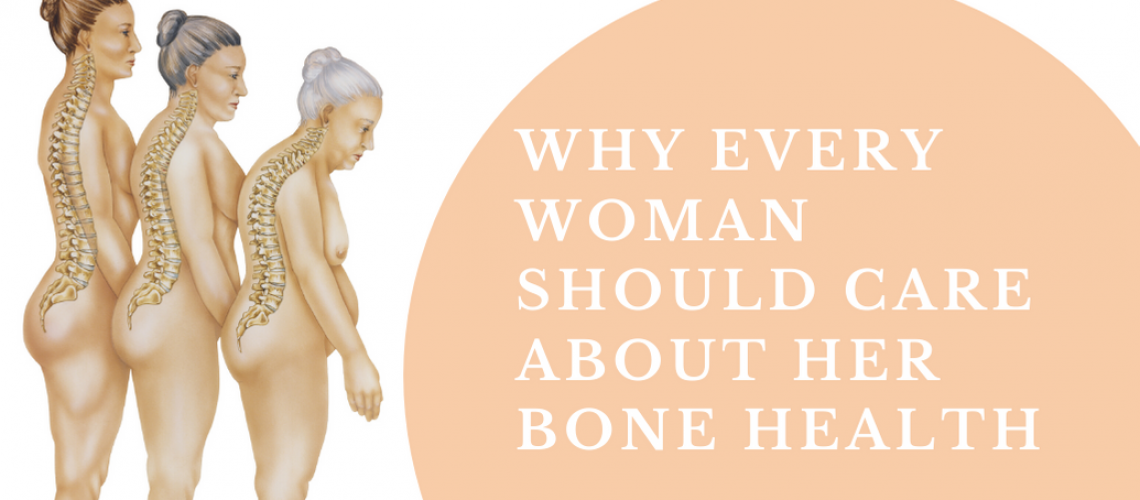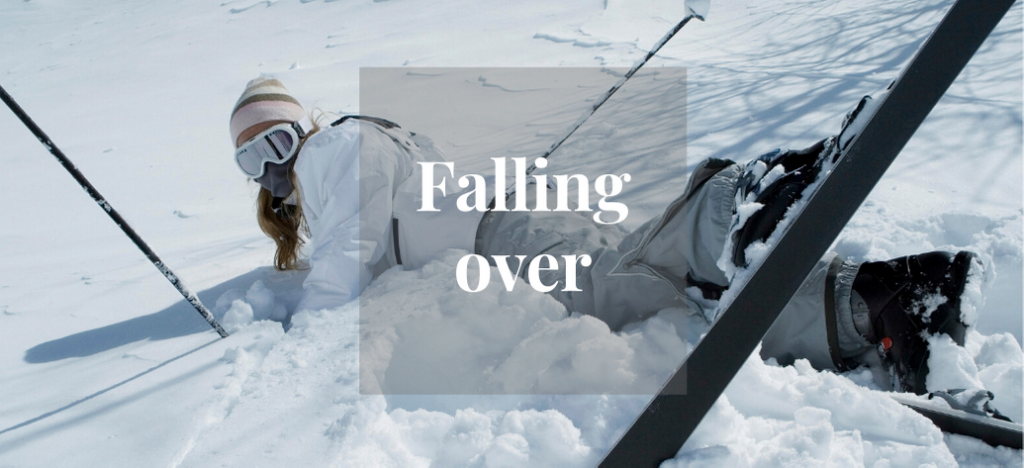If you have never even thought about osteoporosis, or considered doing anything to improve your bone health, that is totally understandable. Why would you worry about something that may happen far in the future? Osteoporosis is something that affects you when you are old, right?
Not really…
Osteoporosis literally means ‘brittle bones’ – bones that are more likely to break if you fall over. The process by which bones become brittle is a gradual process that takes place over many years.
Bone is at its strongest around the age of 30. As we age, the density of our bones gradually decreases. Over time, the rate at which the body breaks down bone outpaces the rate at which it is made and our bones become lighter and more fragile. At menopause, this process takes a nose-dive, and women can lose up to 20% of their bone density in the 5 to 7 years after menopause.
When bone density dips below a certain point, you are said to have osteopenia (the milder version) or osteoporosis.
Osteoporosis is on the rise globally, affecting over 200 million individuals worldwide. In Australia it is estimated that 9.3% of women from 55-64 have either osteoporosis or osteopenia, and that percentage rises to nearly 20% of all women over 65 [1]. Those with osteoporosis often experience poor health, psychological distress, and report regular pain, despite its preventable and treatable nature.
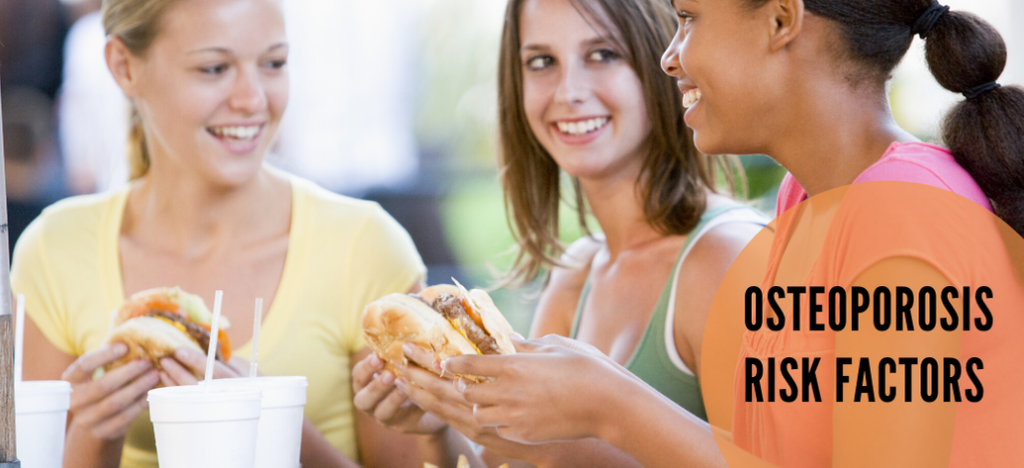
Everyone is at risk of developing osteoporosis and it’s never too early to start thinking about improving your bone health.
Here are some of the risk factors for developing osteoporosis:
- Just getting older increases risk. Bone density starts to decline at 30.
- Being a woman, especially after menopause.
- Having a small, fine-boned frame.
- Late puberty/early menopause.
- Periods of significant stress in your life.
- Being of Northern European or Asian descent.
- Lack of weight-bearing exercise.
- Nutrient deficiencies in childhood.
- Excessive consumption of salt, alcohol, caffeine, soft drink.
- High consumption of animal protein.
- Some medical conditions.
Even if you have many of these risk factors, you can still improve your bone health. The best time to build your bone density is in your teens and early 20s, but it is never too late to take up healthy habits to reduce risk of osteoporosis and bone fractures.
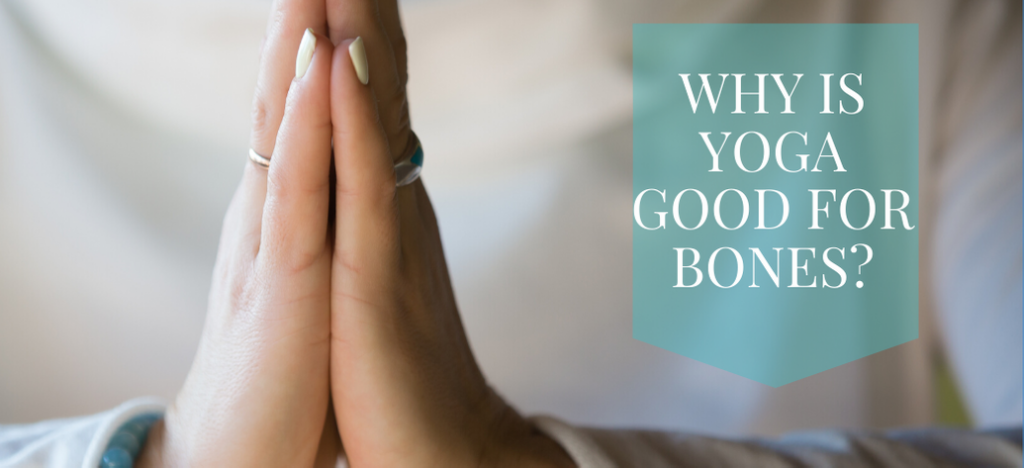
The recipe for healthy bones includes:
- weight-bearing exercise
- stress relief
- good posture
- balance
- good nutrition.
As a Nutritionist, Yoga Therapist, Qigong instructor (and a woman with osteoporosis), I am able to offer you a uniquely well-tailored approach to bone health.
We have all heard that weight-bearing exercise helps to build up your bone density. But did you know that yoga can be as good for your bones, and in some ways better, than conventional strength training? Don’t give up going to the gym, though! Ideally, do a bit of both every week, aiming for 3-4 sessions in total.
One way that yoga increases bone density is by the principle of hormesis. Hormesis basically means, ‘that which doesn’t kill you makes you stronger’. By repeatedly applying small stresses to the body, it learns how to resist larger stresses when they come along. In yoga we often perform isometric contractions (where the muscle contracts without visible movement). These stress the bone slightly, stimulating the formation of new bone. It has been found that isometric contractions, in a range of positions, held for more than 12 seconds, can significantly improve bone mineral density.
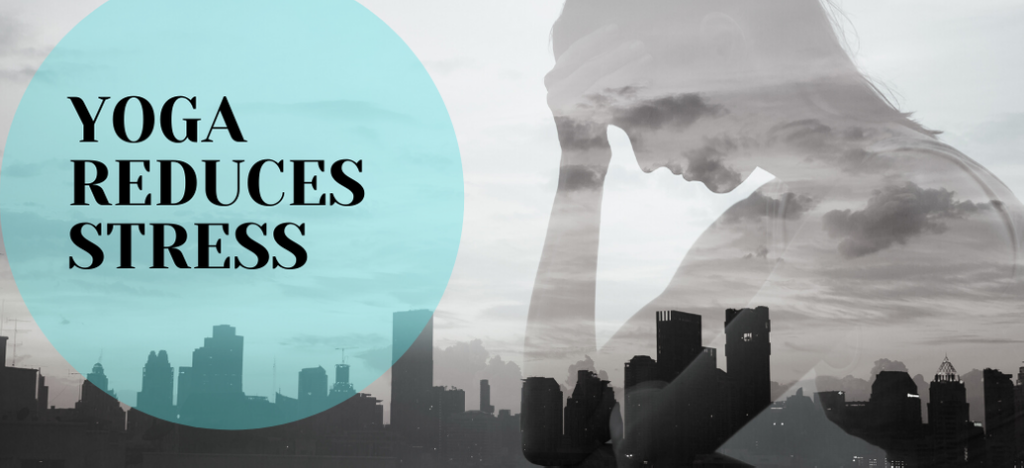
As you have read above, stress is a major risk factor for osteoporosis.
We all know what stress is. We all experience it. Some of us even live in states of chronic stress for weeks, months, years at a time.
We now know that mental stress is directly related to many common forms of disease, including osteoporosis.
Yoga, with its unique combination of mindful movement, breathwork and meditation:
- increases stress resilience
- helps us to become aware of stress arising in the body
- supplies strategies to relieve stress when it does arise.
If you would like to learn more about how to reduce your stress levels and improve your bone health, click on the button below to find out more.
Osteoporosis is symptom free. We don’t have pain or other indicators to let us know that our bones are becoming increasingly fragile. In fact, many people do not even know that they have osteoporosis, because they have never had a bone mineral density scan.
Ultimately, the only reason it matters if you have osteoporosis is if you fall … then your risk of breaking a bone is much higher than that of someone with normal bone density.
Why do we fall? There are many reasons, here are some:
- not being mindful, thinking too much, rushing too much, in our heads rather than in our bodies
- lack of exercise and a lot of time sitting = poor posture, responsible for many falls
- poor balance – a slight trip could end up in a fall
- poor sleep – many falls happen during the night
- impaired sight and hearing leads to trips, bumps and falls
- lack of confidence and co-ordination
- paradoxically, the fear of falling often causes hesitancy which leads to a fall.
Practising yoga changes all these things. Regular yoga practice:
- increases mindfulness, balance and co-ordination
- improves sleep (falls often happen in night)
- increases core strength, so that we move around more easily and flexibly
- increases proprioception (our sense of where we are in space) thus reducing bumps and falls
- helps us to be more in our bodies than our heads
When we have a consistent yoga practice, we start to feel stronger, more flexible, more sure of ourselves and the way we move. We become calmer, more grounded, more confident. We become the kind of women who do not fall over, who, instead, bend gracefully, in our bodies, in our minds and in our hearts.
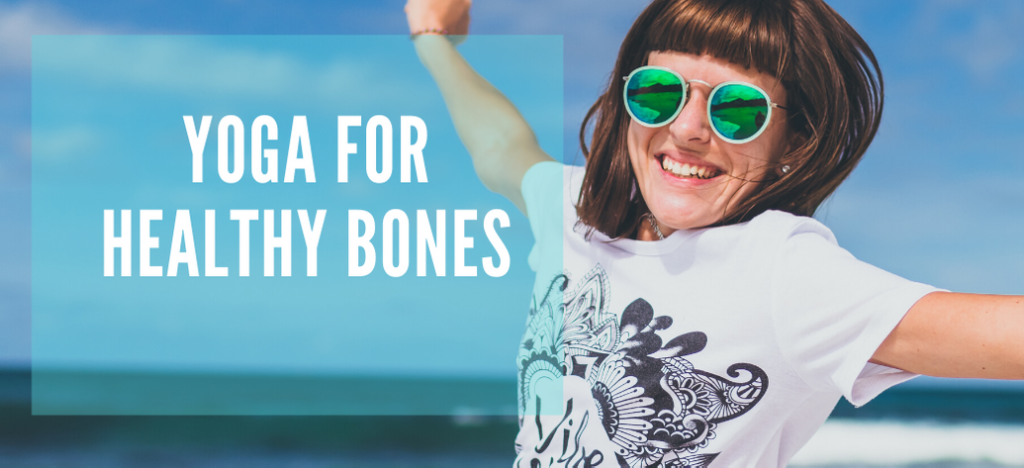
This unique, multi-modal approach to bone health combines Yoga, Qigong, Nutrition, Somatic Awareness, Breathwork and Energy Practices to help you maintain your bone health through your 40s, 50s, 60s, and beyond.
Includes:
- Mindful movement to increase deep internal awareness.
- Breathing and meditation to calm the nervous system.
- Research-based yoga practice for improving osteoporosis outcomes.
- Nutritional advice for better bone health.
Lisa Fabry has been teaching yoga for 20 years. She is a qualified Nutritionist, Yoga Therapist and Qigong Instructor. She has a special interest in the management of osteoporosis by natural methods.
If you are a woman in your 40s, 50s or 60s and want to maintain your optimum bone health, this course is for you!
Click the button below to find out about Yoga for Healthy Bones.

